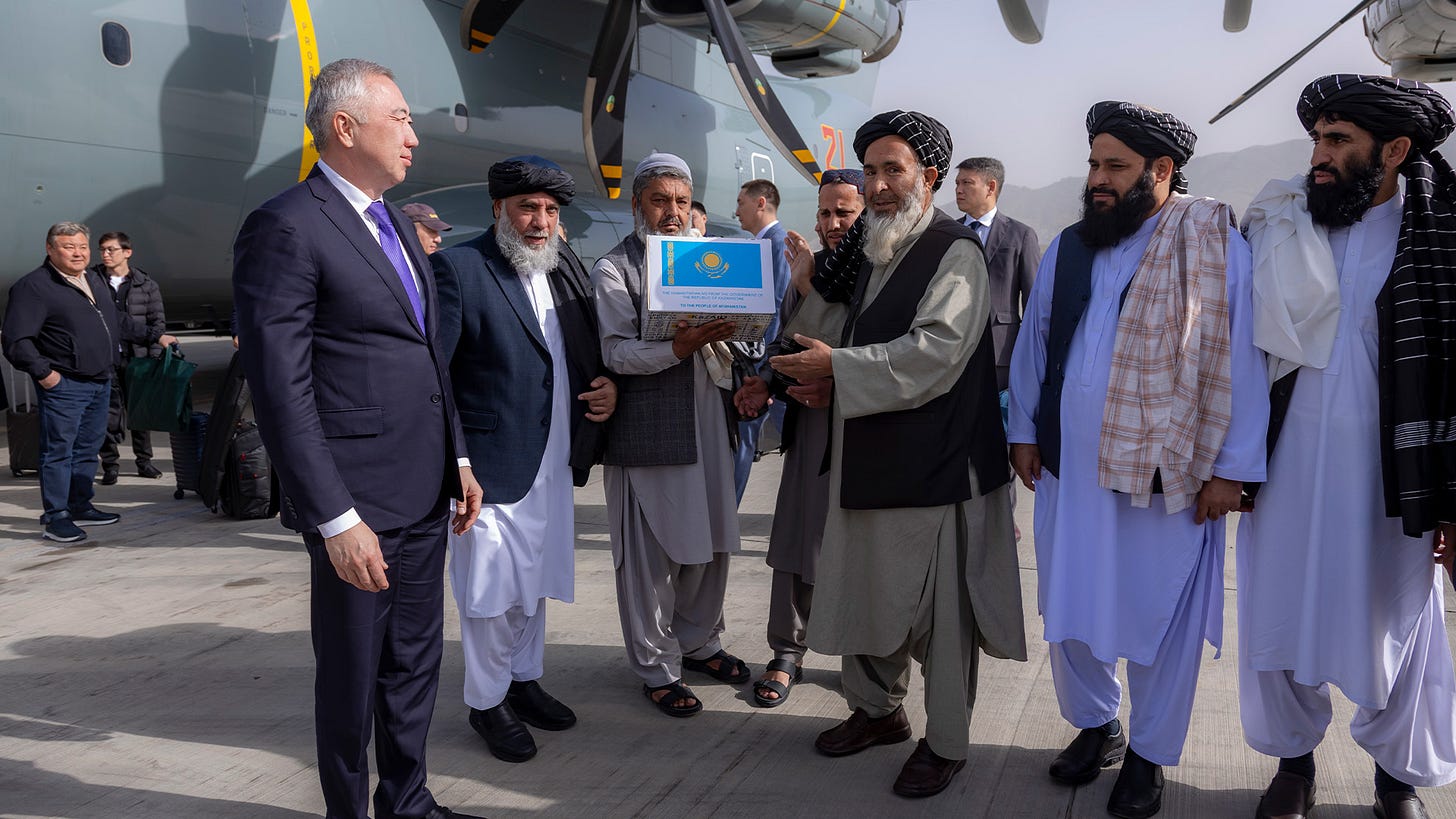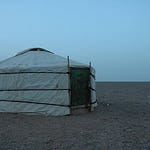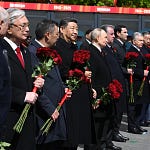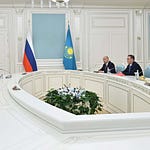In this week’s episode of the CAPS Unlock podcast, we tackled three stories that reveal the evolving pressures, and ambitions, shaping Central Asia’s future.
We began in Kyrgyzstan, where authorities recently arrested a freelance employee from the Russian cultural centre in Osh on charges of recruiting mercenaries for Russia’s war in Ukraine. It is the country’s first high-profile case of this kind. Similar concerns are mounting in Kazakhstan, where a Ukrainian Telegram channel has published lists of hundreds of alleged Kazakh, Tajik and (since the time of recording) Uzbek fighters. Investigations by journalist Lukpan Akhmedyarov suggest many were coerced, misled or lured by promises of citizenship and pay. Despite official denials, the issue has sparked uncomfortable questions about recruitment networks, state complicity, and regional responses to illegal military mobilisation.
Next, we spoke with Mihra Rittmann, Central Asia researcher at Human Rights Watch, about Kazakhstan’s increasingly hostile stance toward civil society. Rittmann detailed proposed “foreign agents” legislation, ongoing harassment of journalists, and the recent sentencing of satirical blogger Temirlan Ensebek, all signs, she says, of a deeper authoritarian turn.
We ended on a note of guarded optimism: a $500 million pledge from Kazakhstan to help build a railway through western Afghanistan to Pakistan. The project would give Central Asia access to seaports and, if realised, shift the region’s trade geography. We discuss the legal safeguards involved, how this compares to Russia–Uzbekistan plans, and why optimism must be tempered with realism when it comes to Afghan infrastructure.














Share this post